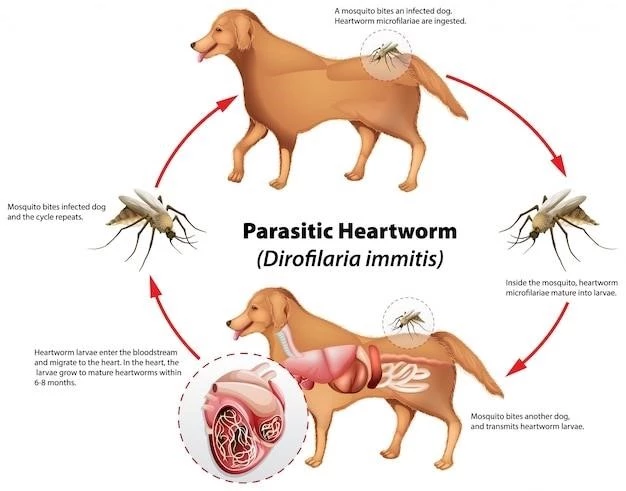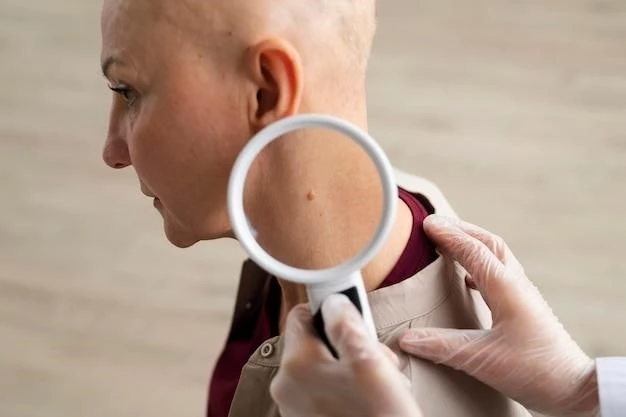Overview of Cowchock–Wapner–Kurtz Syndrome
Gain insights into the causes, symptoms, diagnosis, treatment options, research developments, coping strategies, and support resources available for Cowchock–Wapner–Kurtz Syndrome. Stay informed to manage the condition effectively.
Introduction to Cowchock–Wapner–Kurtz Syndrome
Welcome to an overview of Cowchock–Wapner–Kurtz Syndrome, a rare genetic disorder affecting the nervous system. This syndrome is characterized by a variety of symptoms that can impact an individual’s quality of life. Understanding the intricacies of this condition is crucial for navigating the challenges associated with it. By delving into the causes, symptoms, diagnosis, treatment options, research developments, coping strategies, and support resources related to Cowchock–Wapner–Kurtz Syndrome, individuals can empower themselves with the knowledge needed to effectively manage the condition. Let’s explore further to gain a comprehensive insight into this complex syndrome.
Causes of Cowchock–Wapner–Kurtz Syndrome
Understanding the causes of Cowchock–Wapner–Kurtz Syndrome is essential for individuals and families affected by this condition. This syndrome is primarily caused by genetic mutations that affect the development and function of the nervous system. Specific gene mutations play a crucial role in the manifestation of symptoms associated with the syndrome. While the exact mechanisms of how these mutations lead to the neurological symptoms are still being studied, genetic testing and counseling are important tools in identifying the specific genetic causes of the syndrome. It is advisable to consult with genetic specialists to gain a deeper understanding of the genetic factors contributing to Cowchock–Wapner–Kurtz Syndrome.
Symptoms of Cowchock–Wapner–Kurtz Syndrome
The symptoms of Cowchock–Wapner–Kurtz Syndrome can vary in severity and presentation from person to person. Common symptoms include progressive muscle weakness, impaired coordination, intellectual disability, speech difficulties, and vision problems. Individuals may also experience seizures, spinal deformities, and respiratory issues. It is important to monitor these symptoms closely and seek medical attention for proper evaluation and management. Understanding the diverse range of symptoms associated with Cowchock–Wapner–Kurtz Syndrome can help individuals and caregivers anticipate challenges and proactively address them with the support of healthcare professionals.
Diagnosis of Cowchock–Wapner–Kurtz Syndrome
Accurate diagnosis of Cowchock–Wapner–Kurtz Syndrome involves a comprehensive evaluation by healthcare professionals with expertise in genetic disorders and neurology. Diagnosis often includes genetic testing to identify the specific gene mutations associated with the syndrome. Additionally, imaging studies such as MRI scans may be performed to assess the structure of the brain and spinal cord. Clinical assessments to evaluate motor skills, cognitive function, and other symptoms are crucial in confirming the presence of the syndrome. It is vital for individuals suspected of having Cowchock–Wapner–Kurtz Syndrome to undergo thorough diagnostic procedures to initiate appropriate treatment and management strategies tailored to their specific needs.
Treatment Options for Cowchock–Wapner–Kurtz Syndrome
Managing Cowchock–Wapner–Kurtz Syndrome involves a multidisciplinary approach to address the diverse symptoms and challenges associated with the condition. Treatment options focus on symptom management, supportive care, and therapies to improve quality of life. Physiotherapy, occupational therapy, and speech therapy can help individuals enhance motor skills, independence, and communication abilities. Medications may be prescribed to manage symptoms such as seizures and spasticity. Regular monitoring by healthcare providers is essential to adjust treatment plans as needed. Collaborating with healthcare professionals and specialists is key to developing a personalized treatment plan that addresses the individual needs of those with Cowchock–Wapner–Kurtz Syndrome.
Research Developments on Cowchock–Wapner–Kurtz Syndrome

Ongoing research on Cowchock–Wapner–Kurtz Syndrome continues to advance our understanding of the genetic and neurological aspects of the condition. Scientists and healthcare professionals are exploring new treatment approaches, potential gene therapies, and ways to improve supportive care for individuals with the syndrome. Research efforts aim to enhance diagnostic methods, identify novel therapeutic targets, and ultimately improve outcomes for those affected by the syndrome. Staying informed about the latest research developments can provide valuable insights into the evolving landscape of Cowchock–Wapner–Kurtz Syndrome and may offer hope for future breakthroughs in treatment and care.
Coping Strategies for Cowchock–Wapner–Kurtz Syndrome
Coping with Cowchock–Wapner–Kurtz Syndrome can be challenging, both for individuals with the condition and their families. Developing effective coping strategies is essential for managing the physical, emotional, and practical aspects of living with the syndrome. Seeking support from healthcare providers, support groups, and mental health professionals can offer valuable guidance and emotional support. Establishing routines, setting realistic goals, and maintaining open communication within the family can help create a supportive environment. Prioritizing self-care, practicing stress-management techniques, and staying informed about the condition can empower individuals and caregivers to navigate the daily challenges of Cowchock–Wapner–Kurtz Syndrome with resilience and strength.
Support Resources for Cowchock–Wapner–Kurtz Syndrome
Accessing support resources is crucial for individuals and families impacted by Cowchock–Wapner–Kurtz Syndrome. Various organizations, foundations, and online platforms offer valuable information, advocacy, and community connections. Genetic counselors can provide guidance on the genetic aspects of the syndrome, while neurologists and specialists can offer medical support. Support groups and online forums create spaces for sharing experiences and gaining emotional support from others facing similar challenges. Additionally, seeking assistance from social workers, therapists, and disability service providers can help individuals navigate financial, educational, and social support systems. Exploring these support resources can provide comfort, guidance, and empowerment in managing the complexities of Cowchock–Wapner–Kurtz Syndrome.
